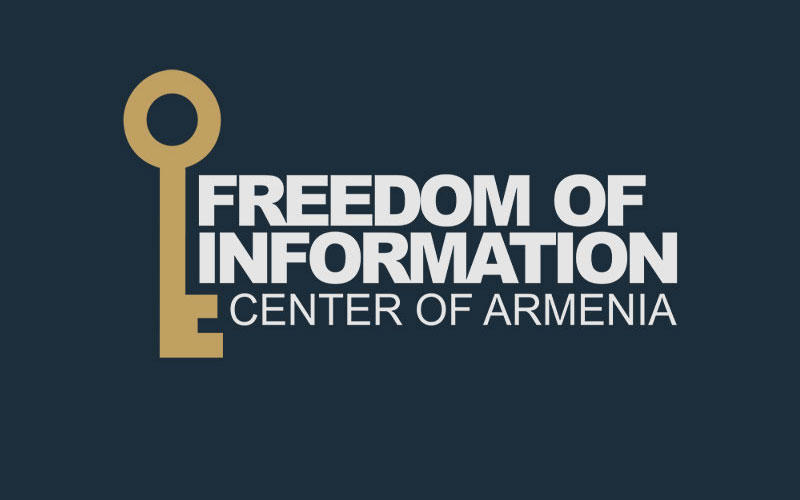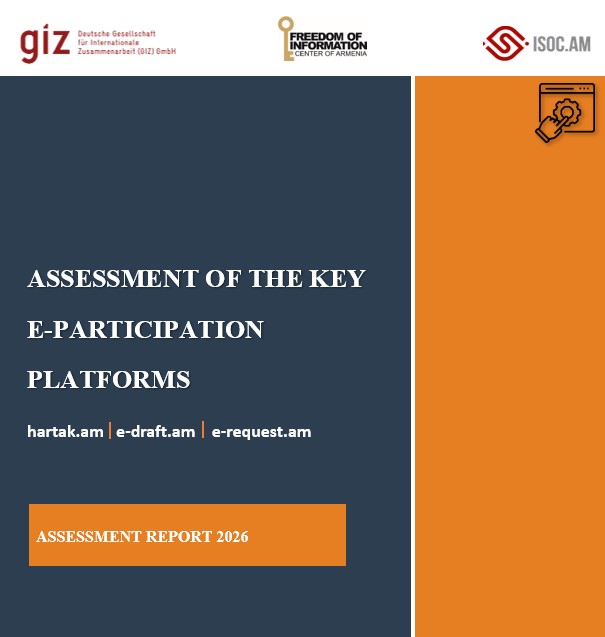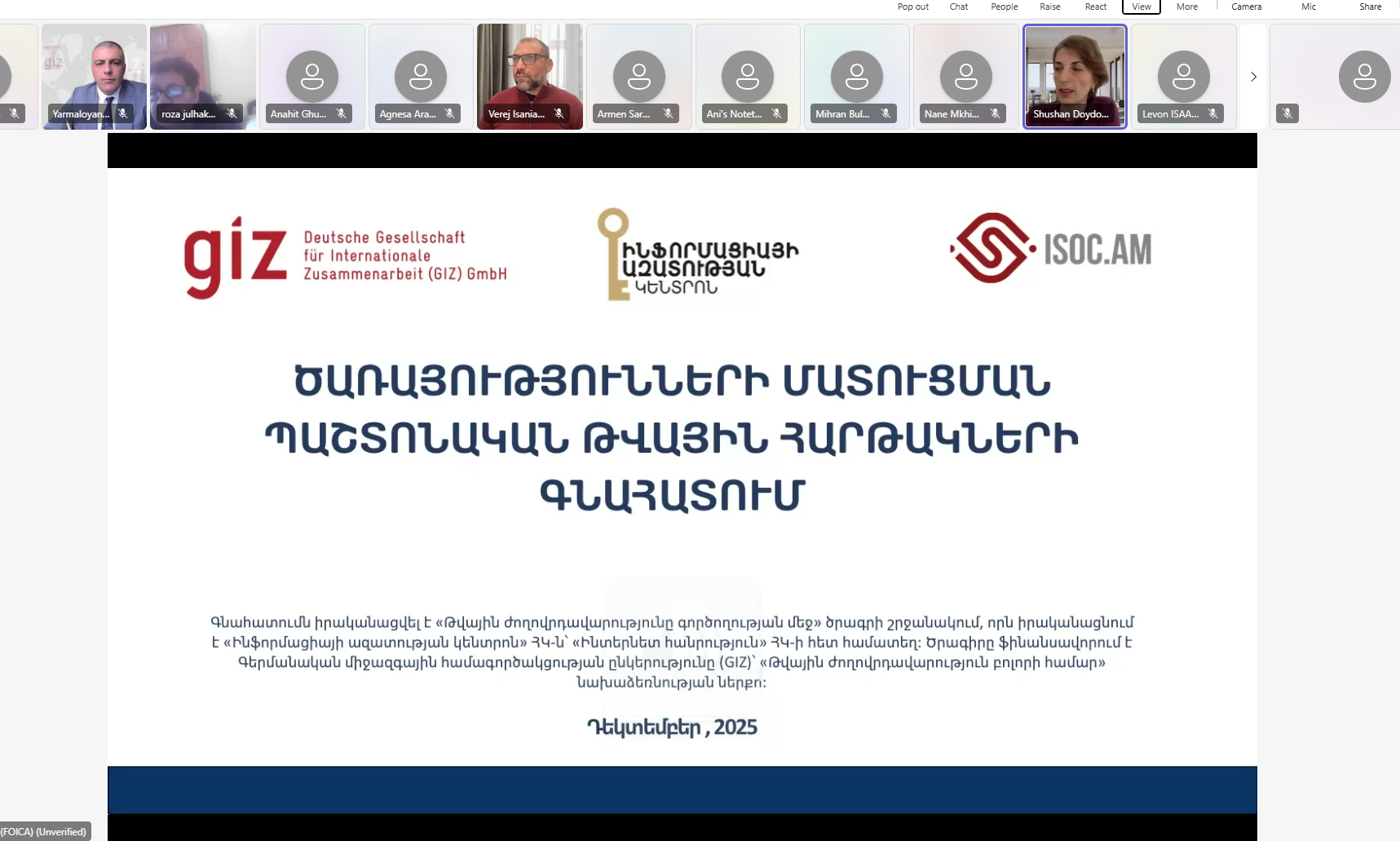On 10 May, 2011 Freedom of Information Center of Armenia published the practice of implementing the access to information right in the first quarter of 2011. So:
From 50 inquiries, 44 or 88% received complete answers (in contrast to the 51-55% in the first quarter of 2006). Only two inquiries (4%) were rejected, both by the ARM Ministry of Defence. Only three were silently rejected (6%). These silent rejections are already exceptions, unlike the previous years, when it had a widespread practice. These three rejections came from the Ministry of Healthcare, City Hall of Stepanavan, and the Northern University. The first two are records in the sense that they also leaded the 2011 annual Black list, and now their position continues to remain unchanged. Before the percentage of silent rejections was 30-35%. This record proves that today the practice of leaving inquiries unanswered has decreased. Only in one case (2%), as an answer to the inquiry, reference was made to other information holders, which, however, was not relevant. The author was the ARM Ministry of Extreme Situations. The latter answered the FOICA inquiry by reference, only within 19 days.
Late Answers:
It should be mentioned that only one body the ARM Ministry of Labor and Social Issues – used his opportunity to extend the deadlines, in accordance with the ARM Law on Freedom of Information, when additional work is required. ARM Ministry of Culture, which responded to the FOICAs inquiry within four days, is the best in terms of making the deadlines. ARM Ministry of Education and Science, Ministry of Defence, and the Ministry of Diaspora follow the Ministry of Culture. These ministries responded to the FOICAs inquiry within five days. As for the ARM Ministry of Territorial Administration, Ministry of Foreign Affairs, Ministry of Energy and Natural Resources, Ministry of Sport and Youth Affairs, and the Ministry of Finances, they responded within six days. In general, 34% of the inquiries received a late answer. This means that today the five-day deadline presents certain difficulties. However, we think that if these bodies have active internal mechanisms, and if officials are aware of the deadlines defined by the Law, then this deadline can become realistic.
The main problems remain:
Late answers the average answering time is 10-13 days
Silent rejections – when they prefer to give no answer
Written denials of such information, which cannot be considered state secret.









